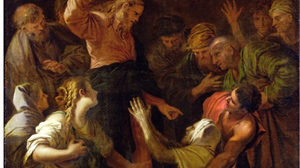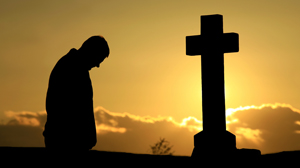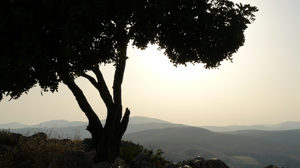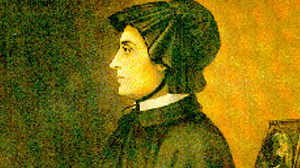Scripture:
Reflection:
Today’s gospel is a story of risks, reversals and joyful disobedience.
In the times of Jesus, lepers were outcasts, condemned to live in isolation, ostracized from family, community, worship, marginalized even from hope. Levitical law also required them to remain a safe distance from the general population in order avoid spreading their contagious disease. Some believed that leprosy was God’s punishment for sin.
But the leper in today’s gospel is strikingly bold. He disobeys Levitical restrictions and comes so close that Jesus can touch him. “If you choose,” he tells Jesus, “you can make me clean.” Without hesitation, with compassion, boldly, even recklessly Jesus touched the leper and said: “I do choose. Be made clean.” Immediately, the leprosy left him. He ordered him to tell no one about this miracle, but to present himself to the priest to confirm that he is clean. The man disobeys. He does not go immediately to the priest. He does not remain silent to the miracle. Instead, he went out and proclaimed it everywhere.
By contrast, Jesus reversed places with the once leprous man. Jesus, who had traveled freely everywhere, now was forced into isolation to avoid the crowds. He now was forced to the margins. In other words, Jesus took the place of the man he made clean. Love always says and does what is necessary and works out the consequences later.
There is another reversal to consider. By touching the leper, Jesus should have been contaminated. However, it is not the leper who is contagious, but Jesus. The leper does not transmit his disease to Jesus, but Jesus whose contagion of love transformed the leper to wholeness, making him clean, medically, spiritually and socially. The Franciscan spiritual writer, Richard Rohr, says “pain that is not transformed is transmitted.” Jesus lovingly touched his isolation and pain, and transformed him.
We are called imitate the leper’s bold faith and Jesus’ loving touch. Like them, It demands of us that we risk crossing barriers and boundaries of convenience and comfort zone in order to reach out to the other, the one living in pain or loneliness. Such faith and love begin with the words: “I do choose.”
Deacon Manuel Valencia is on the staff at Mater Dolorosa Passionist Retreat Center, Sierra Madre, California.







